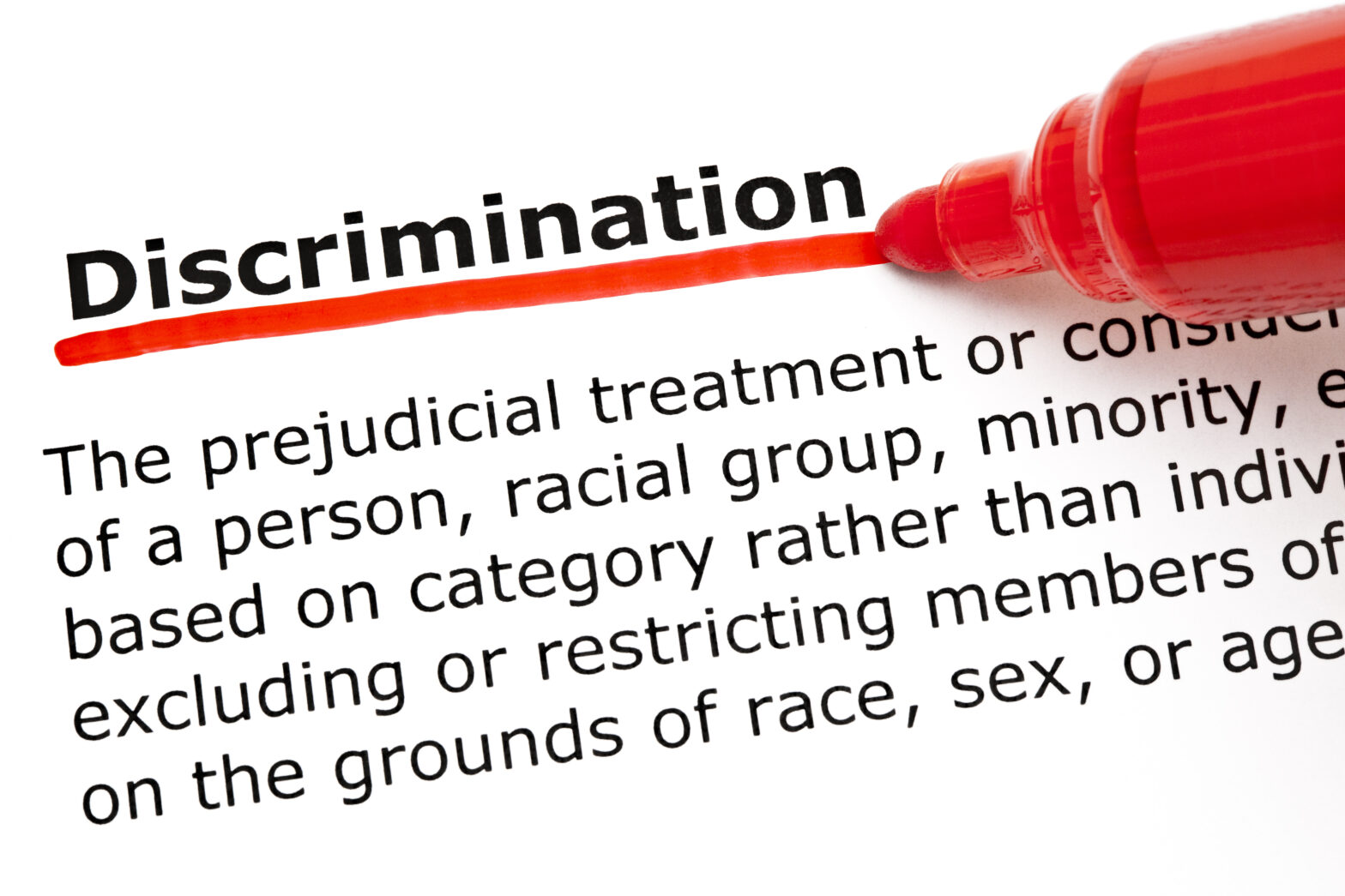The recent news of an employee winning her religious discrimination case against corporate giant British Airways highlights the need for all employers – large or small – to know their responsibilities when it comes to dealing with staff fairly.
The worst thing small companies can do is to ignore cases like the recent British Airways decision, thinking it’s something for larger organisations to worry about. It does and it could happen to small businesses.
Small and medium-sized enterprises (SMEs) need to be aware of their responsibilities under the Equality Act 2010. The Act sets out nine characteristics, which are protected from unlawful discrimination. They are: age, disability, gender reassignment, marriage and civil partnership, pregnancy and maternity, race, religion or belief, sex, and sexual orientation.
In order to comply with the far-reaching demands of the Act, it is essential to adopt a comprehensive equal opportunities policy. Most importantly, your employment practices and procedures should pay particular attention to the following:
Recruitment process
Procedures for recruitment and selection must be systematic and objective. Check job specifications and advertisements for discriminatory words or criteria that might make it difficult for a particular group to apply.
Gender specific job titles (for example, barman) and specified age ranges are clearly discriminatory. However, discrimination can also be implied by the words used to describe the job requirements. For example, the word ‘energetic’ could be taken to imply someone who is young and not disabled.
Pay
Check differences in pay levels when you bring a new female employee into a previously all male department (or vice versa). Make sure that pay awards and/or reorganisations do not result in pay inequality.
Redundancy procedure
Do not base your selection on any grounds which could be interpreted as discriminatory. Avoid the use of “last in first out” as a selection criterion. Length of service is directly linked to age, so selecting someone for redundancy based on their length of service may put younger employees at a disadvantage and give rise to a claim of age discrimination. If you are using attendance as a criterion, do not include absences that arise from an employee’s disability, maternity leave, pregnancy-related illness or gender reassignment.
Procedure for dealing with absence due to illness
This should take into account that some absentees may be suffering from a disability. Where this is the case, failure to consider any reasonable adjustments that might help the employee to return to work could be deemed to be discrimination.
Company dress code
Do not be so prescriptive (for example, banning women from wearing trousers) that you risk a claim of sex, race or religious discrimination.
Disabled people
When dealing with disabled people, including those who are newly disabled or whose condition worsens, you will need to consider what reasonable adjustments you can make to enable them to work or continue to work. Failure to do so is a form of discrimination.
Discrimination based on association and perception
Be aware that the definition of discrimination is wide enough to cover discrimination based on association. For example, if you refuse to promote an employee who has a disabled child because you think they will need to take a lot of time off, you are discriminating against them because of their association with a disabled person.
Pregnant employees
Make sure all recruiters are aware that they will be discriminating if they refuse to employ an applicant because she is pregnant. It is also discrimination to treat an employee unfavourably because she is pregnant, absent owing to a pregnancy related illness or because she takes or requests statutory maternity leave.
Policies and benefits that involve workers’ partners
Civil partners have the same status as spouses. Any benefits provided to employee’s spouses (such as health insurance) should also be provided to employees’ civil partners. If there are any benefits, such as time off before or after a wedding, which are provided to married employees only, they must be extended to civil partners. If spouses are normally invited to company social events, civil partners should also be invited.
Retirement
There is no longer a default retirement age of 65. It is still possible to justify a compulsory retirement age (at, below, or above 65), provided it is a proportionate means of achieving a legitimate aim. However, the test for justification is a stringent one.
Where there is no employer-justified retirement age, the dismissal of an older employee on the grounds of retirement will be discriminatory and unfair. You must be able to rely on one of the potentially fair reasons for dismissal set out in the Employment Rights Act (conduct, capability, illegality, redundancy, or some other substantial reason).
Pension benefits for civil partners
Contracted out pension schemes are required to make provision for survivor benefits for spouses. Civil partners are entitled to benefit from such a survivor’s pension. Employers and trustees of non-contracted out pension schemes should ensure that their schemes offer the same benefits to members with civil partners as married members.
Religious observance
Consider adjusting working practices wherever possible to accommodate religious observance, such as prayer at a particular time of day, or dietary requirements.
Company culture
No matter how large or small, an organisation takes its lead from the top. Make sure that your commitment to maintaining a culture of respect and dignity in the workplace is widely understood and that every member of your workforce is aware of their responsibilities. Do this by including a statement on dignity at work in your equal opportunities policy.





